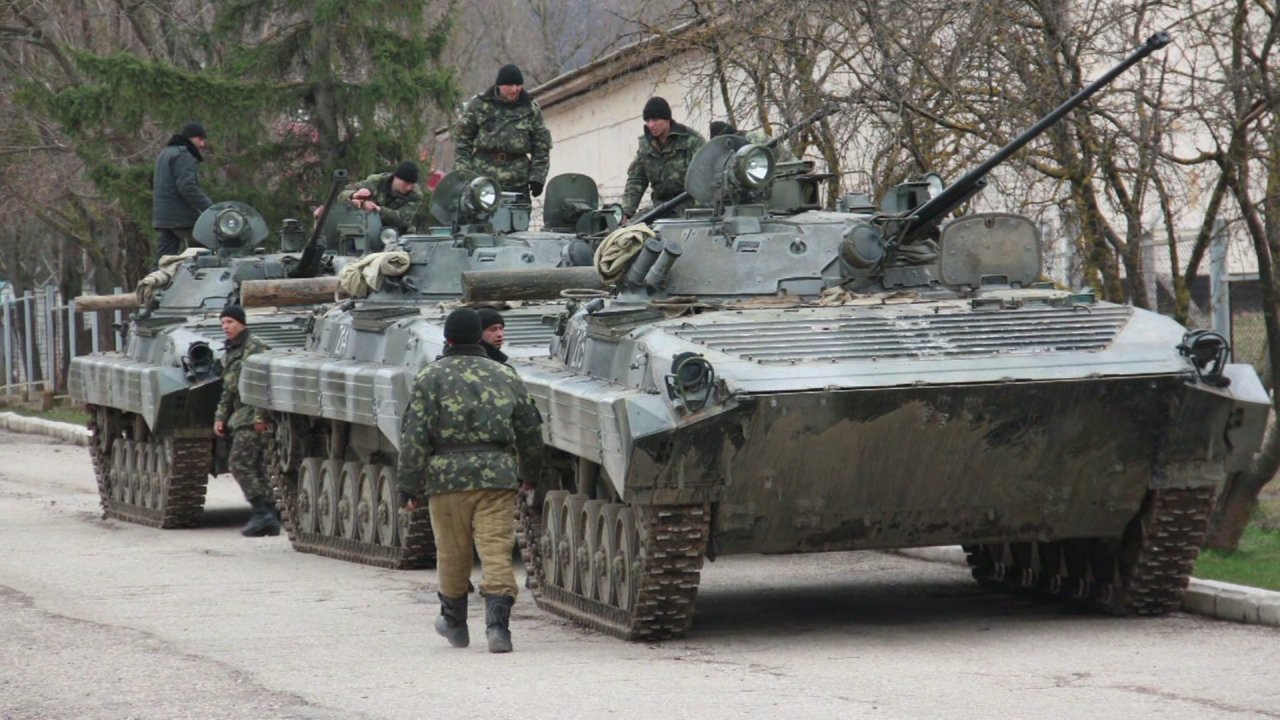—probably not Mark Twain

War in Ukraine. Again.
As someone who has written books about war in Ukraine, the past few weeks feel at once poignant, tragic, enraging and depressing.
We knew Russia would invade Ukraine. The preparations were obvious. And leaders like President Biden did tell us the invasion of Ukraine was imminent. But the response from the West has been minimal.
“When you care enough to do the very least.”
Lessons of history, ignored as usual
Ukraine has always been a much desired piece of territory for its natural resources, its rich culture, its expanse, its productivity. For centuries, empires and despots have coveted it, claimed it, exploited it and its people, oppressed the population, and denied that it had any independent identity.
Only occasionally in the past millennium has it been autonomous, independent and self-directed. Since the fall of the Soviet Union, its road to independence has been slow, measured and often set back—by Russia.
And now, when Ukraine appears set to truly join liberal democracies, Russia again has unleashed its immense military to seize it, install a puppet government and exploit its wealth again.
While the rest of the world watches.
We’ve seen this happen before, not that long ago. Over and over again.
- Austria, 1938
- Czechoslovakia, 1938
- Poland, 1939
- Estonia, Latvia and Lithuania, 1939
- Hungary, 1956
- Czechoslovakia, again, in 1968
- Afghanistan, 1979
- and on and on.
Over and over again.
Response
The West is trying to talk big, but doesn’t seem willing to risk anything.
This is what Putin is counting on: that the West won’t spend enough money, resources and lives required to stop him.

I get it. No one wants to send their sons and daughters to war. To risk injury, maiming and death.
I don’t.
But I also know this: whatever the price of stopping this aggression is, in resources and, most critically, human suffering, it will only rise the longer we wait.
